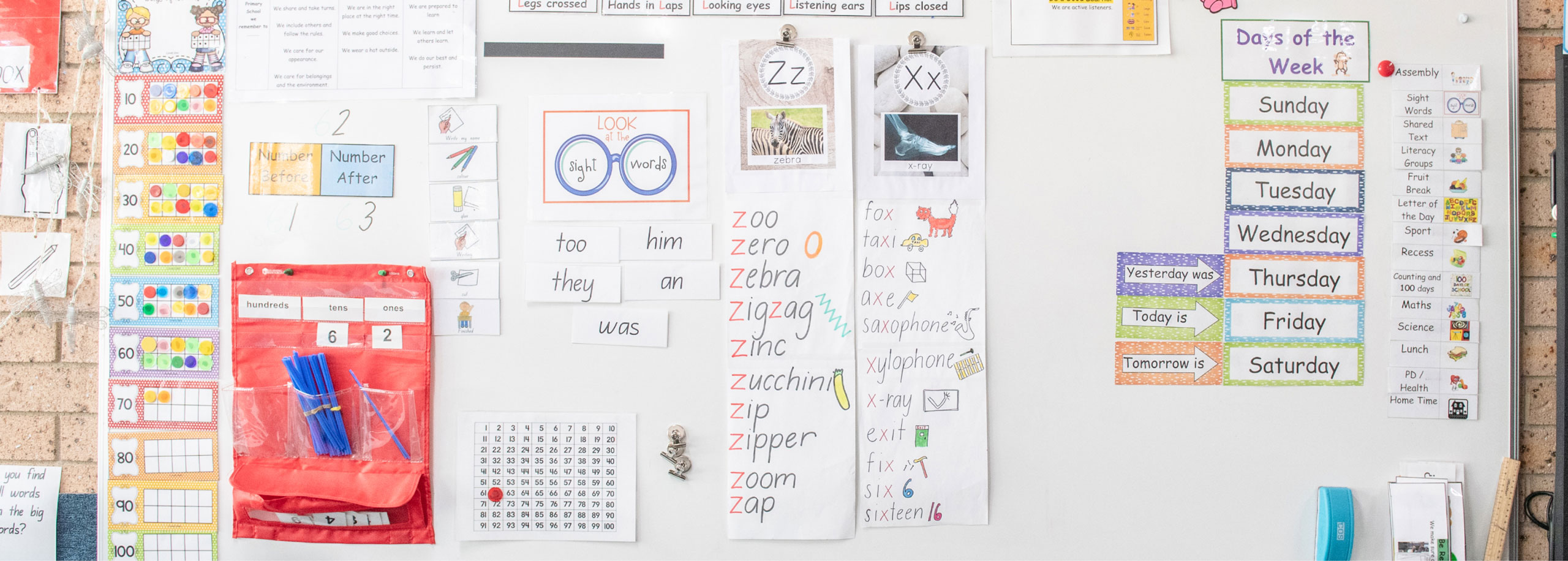Who is the Approved Delegated Authority?
- The NSW Catholic Block Grant Authority (CBGA) needs to delegate responsibility for projects to the relevant Diocesan, Parish or School Authority who will act as the Delegated Approved Authority (DAA).
- The person carrying out the roles of the DAA is nominated in the CBGA Membership Agreement between the Diocesan School System, Religious Institute, or Independent Catholic School.
- The Delegated Approved Authority is responsible for the receipt, expenditure and accountability of and for the grant. Because public monies are involved in the payment of capital grants, the Delegated Approved Authority is required to comply with general conditions of funding that are applicable to both NSW Government grants and Australian Government grants.


 2024 | Catholic Schools NSW
2024 | Catholic Schools NSW